People are worried and anxious
Immediately after the news of banning motorbikes from Ring Road 1 from July 1, 2026, Mr. Ngoc Son (Hoang Liet Ward, Hanoi ) said that although his house is outside Ring Road 1, he works in the city center. He also supports Hanoi's green transformation and motorbike restriction, but there needs to be a methodical and appropriate roadmap. Mr. Son added that he and his wife had just bought a Honda Vision motorbike 8 months ago so that his wife could go to work at a bank on Tran Hung Dao Street.
“The conversion from gasoline and diesel vehicles to electric vehicles, which is less than a year away, will cost a significant amount of money for each family. Not to mention the unused gasoline vehicles, does the government have any policies to support people to enter Ring Road 1? Can Hanoi increase the number of buses and charging stations to meet people's travel needs? How will the government set up barriers to control vehicles and handle vehicles that intentionally enter or have not converted yet?”, Mr. Son expressed many concerns.
Not only Mr. Son, many people on the forum shared that their family has 3-4 people, currently each person has a gasoline car. If they switch to an electric car, it will cost a lot of money. On the other hand, electric cars are only suitable for people who travel short distances and have time to charge. For people who travel every day, the battery quickly wears out, and after two years it will cost 2-3 million VND to replace it. In addition, the family's electrical system is old, charging 2-3 cars at the same time can easily cause a fire or explosion...
To realize this policy, many people believe that authorities need to come up with synchronous solutions from supporting people to switch vehicles, upgrading green transport infrastructure, solving the problem of lack of charging stations, ensuring public transport must be on time, on the right route and convenient.
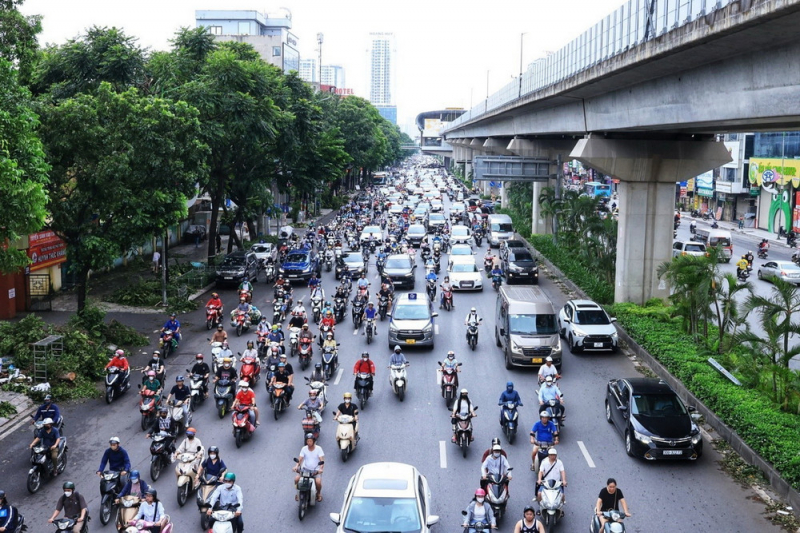
Infrastructure systems must ensure safety and limit the risk of fire and explosion.
Recognizing the Prime Minister 's direction as being in line with the general trend of the whole country in solving environmental problems, especially for the capital, it is very important, according to Mr. Khuong Kim Tao, former Deputy Chief of Office of the National Traffic Safety Committee, this is a necessary determination of the Government to reduce pollution. With this Directive, the entire area inside Ring Road 1 can be considered a low-emission zone. Through this direction, Mr. Tao said that relevant ministries, branches and agencies must be responsible for researching solutions and proposing implementation mechanisms to convert gasoline-powered motorbikes to electric vehicles in accordance with the Prime Minister's direction. At the same time, it is necessary to disseminate information to the entire population about this issue, contributing to the city's environmental protection.
However, Mr. Tao also frankly expressed that motorbikes in Hanoi are the livelihood of many people. Therefore, Hanoi City must also solve the problem of supporting gasoline motorbikes to switch to electric. How to implement it? How to support businesses supplying and manufacturing electric motorbikes? How to solve the problem of backlog of gasoline motorbikes?
Pointing out more difficulties in power supply and charging stations, the former Deputy Chief of Office of the National Traffic Safety Committee said that the electricity industry must also immediately study the demand for gasoline-powered motorbikes to switch to electricity. How will the power supply be? Is the supply insufficient or sufficient and how is the speed of power transmission to electricity-using facilities and power lines? How is the power supply organized at charging stations? Where are the charging stations located, in concentrated areas or in families and agencies?
“Technically, the management agency needs to have detailed research and evaluation proposals and if the current highest power supply is how many KW, then we can calculate the number of converted vehicles and the number of vehicles entering, thereby defining the low emission zone,” Mr. Tao added.
Sharing the same view of supporting the roadmap to ban fossil fuel motorbikes from entering Hanoi's inner city area, and then expanding to cars and other areas in Hanoi, Dr. Hoang Duong Tung, Chairman of the Vietnam Clean Air Network, also said that this is a rather difficult and economically costly roadmap for both the people and the State. Banning motorbikes will affect all families, not only households in Ring Road 1 but also people working and studying in Ring Road 1. Therefore, Hanoi must soon strongly announce specific support mechanisms and policies for the people.
In addition, Hanoi needs to reorganize the public transport system, making it convenient and increasing the best connectivity for people. From buses to urban railways, especially for projects that are being and will be implemented, progress must be accelerated and put into operation soon. When public transport meets the demand, people will gradually give up the habit of using personal vehicles.
Charging station systems and electricity infrastructure to serve the sudden increase in people's demand also need to be considered and invested in soon. This is considered the biggest barrier in the conversion from gasoline cars to electric cars...
Source: https://cand.com.vn/Giao-thong/nhieu-ban-khoan-kien-nghi-cua-nguoi-dan-truoc-gioi-han-do-xe-chay-xang-dau-o-thu-do--i774696/


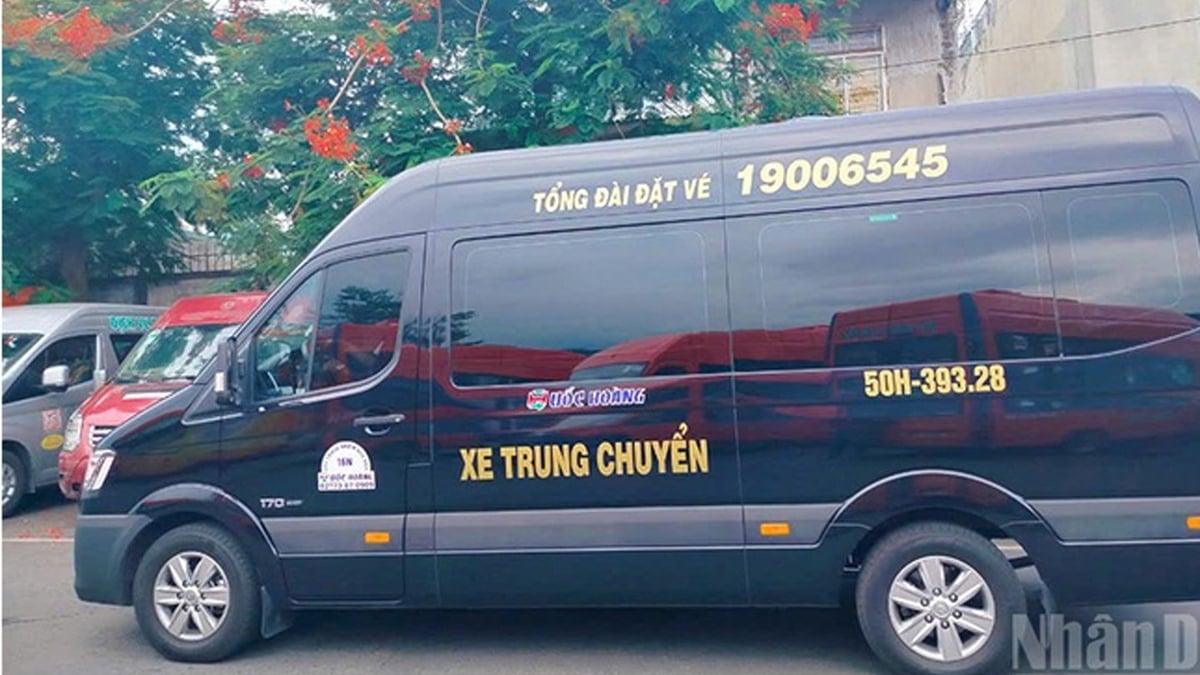


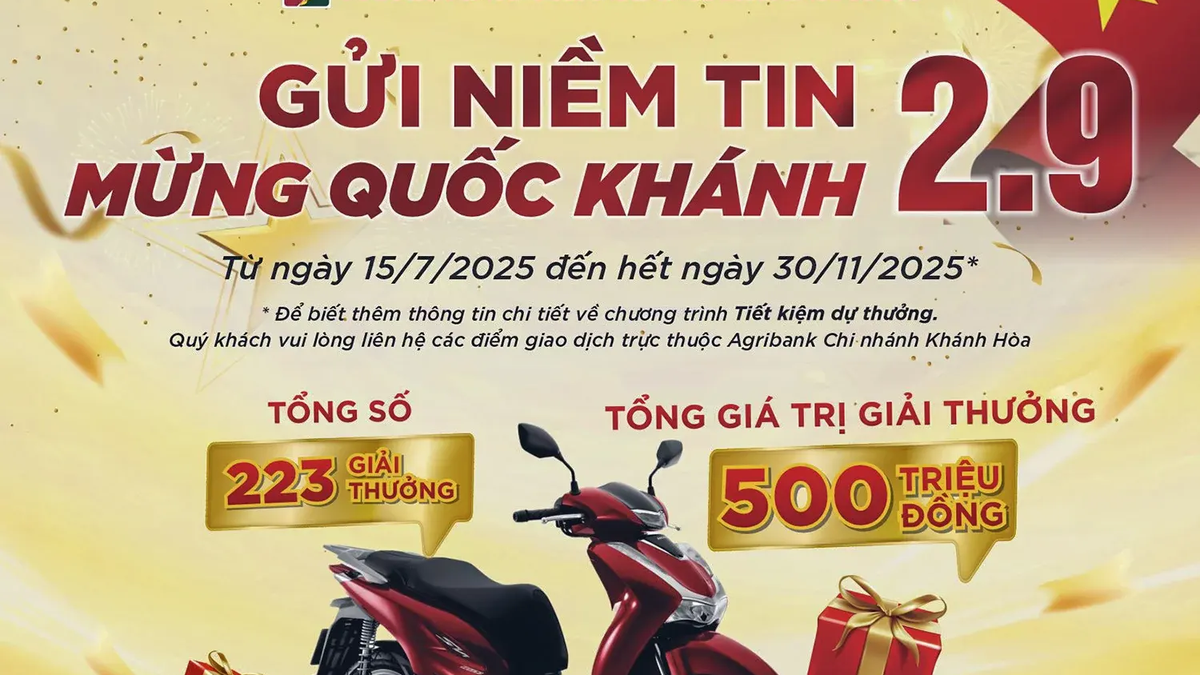
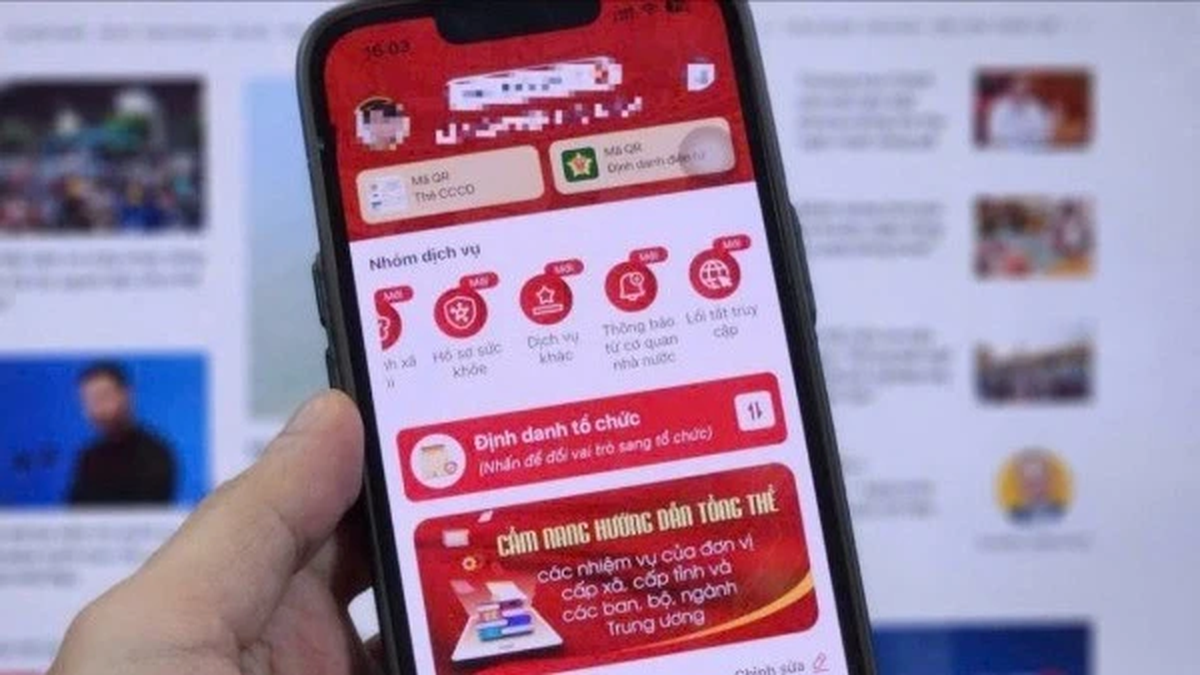

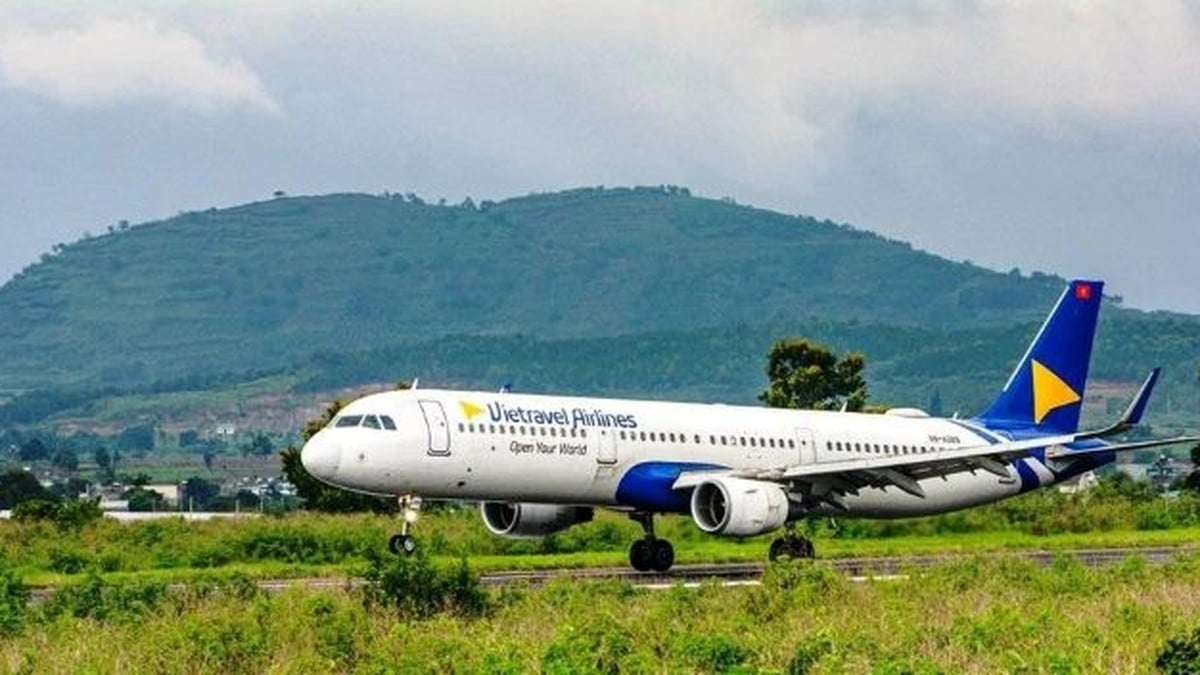


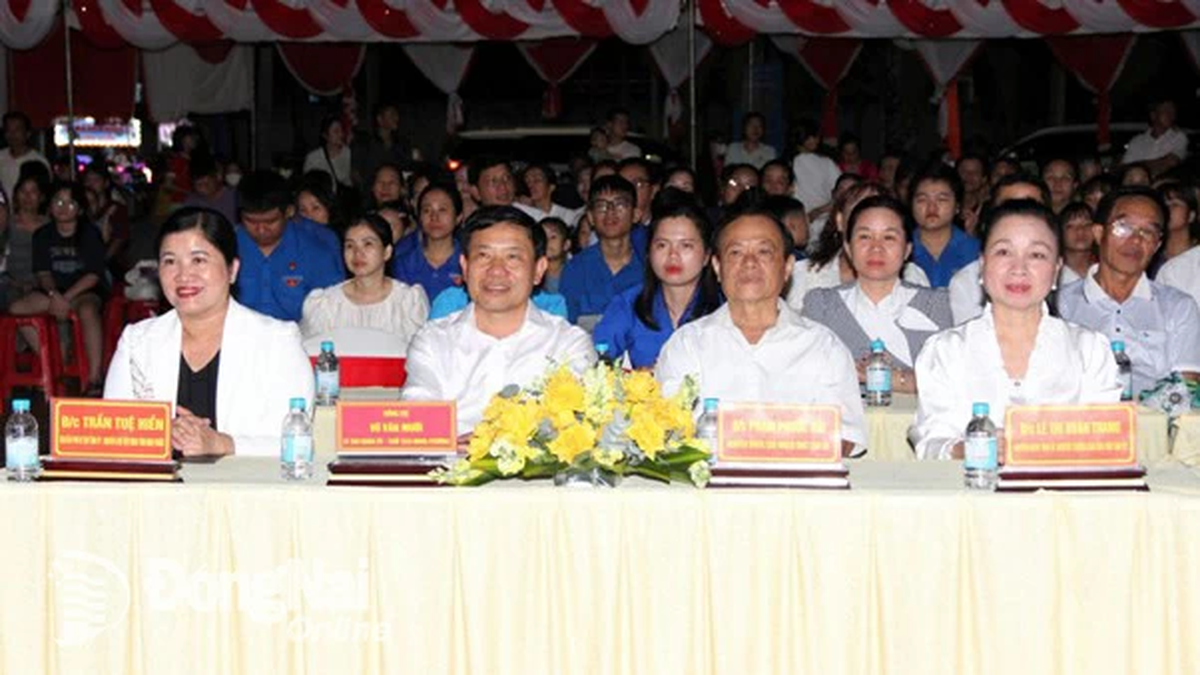







































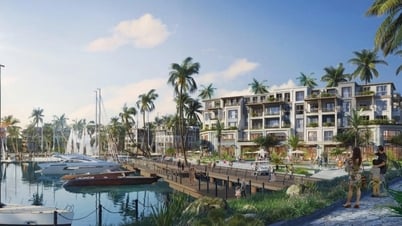
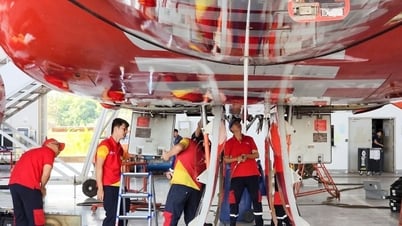

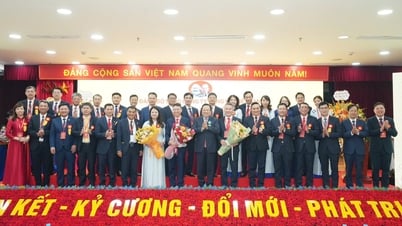



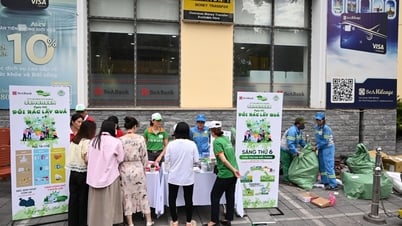

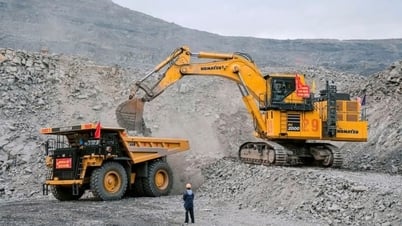
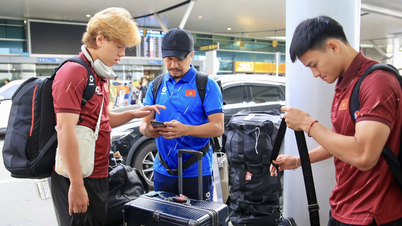


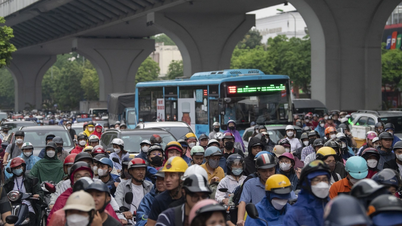
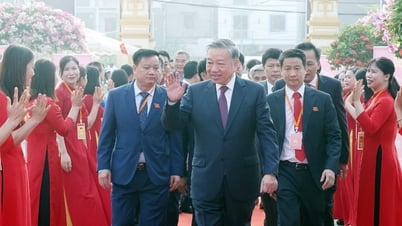
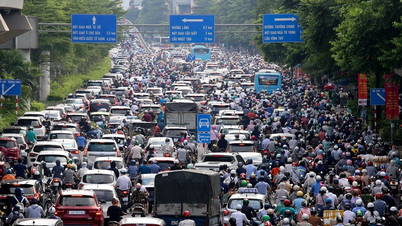
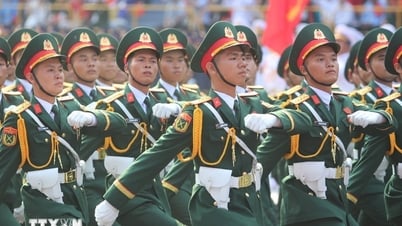
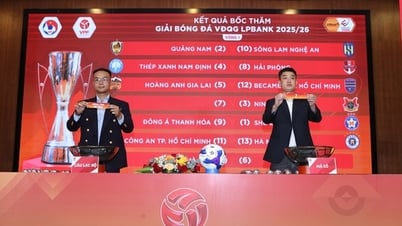

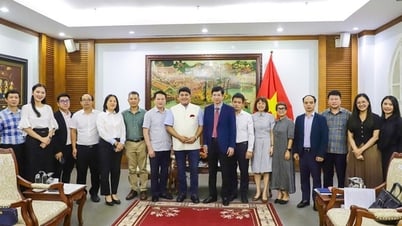
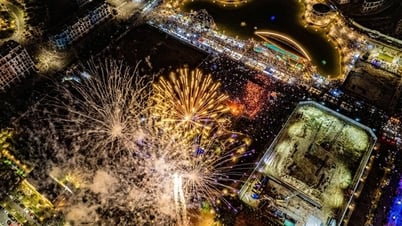
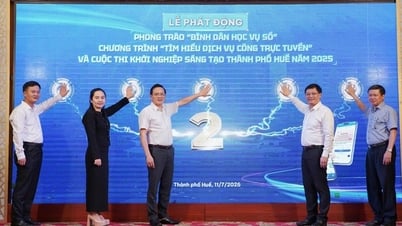

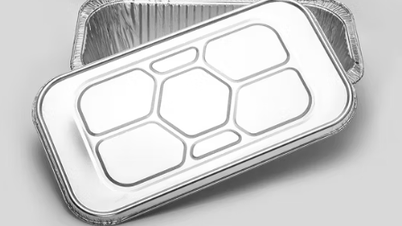

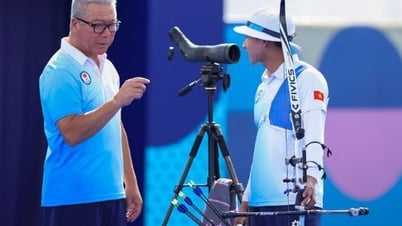
























Comment (0)